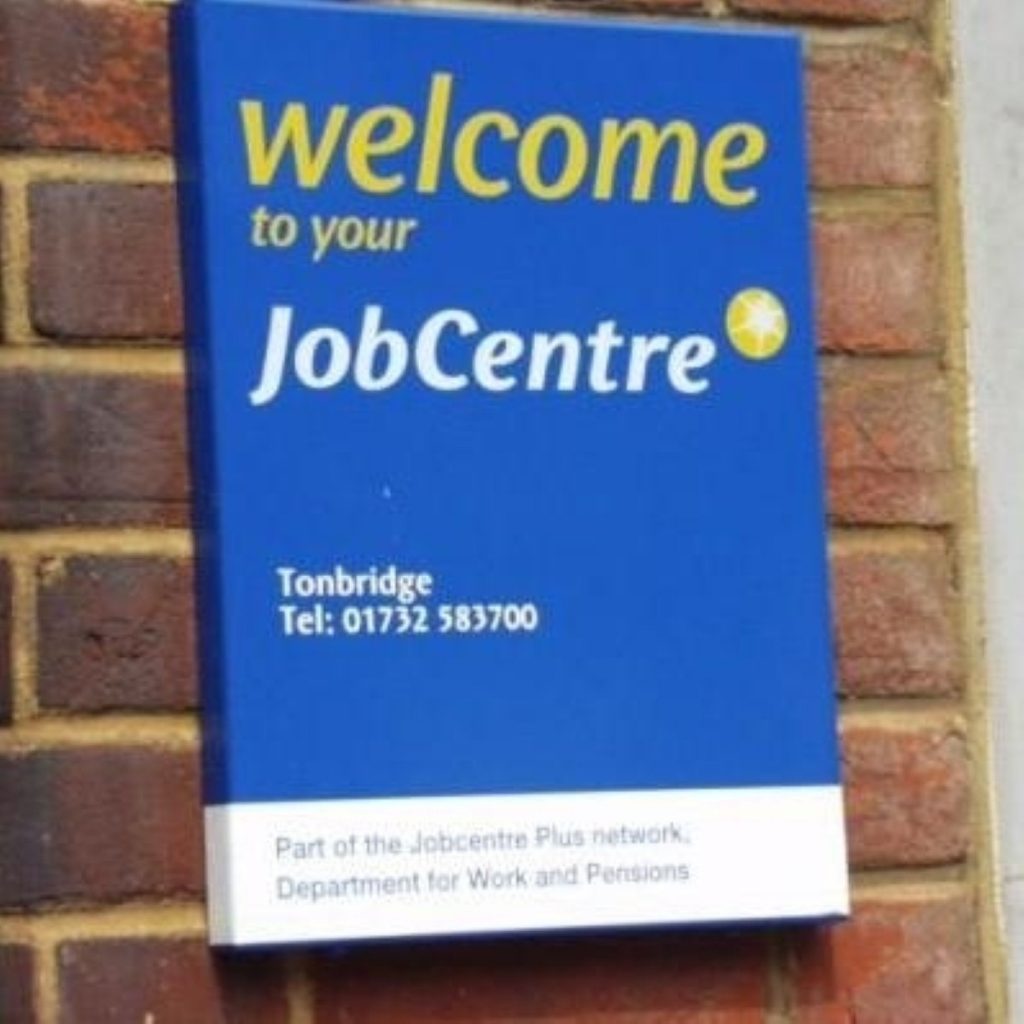New Deal a ‘success’ for lone parents
Work and Pensions Secretary Andrew Smith today claimed that the New Deal for Lone Parents has been a social and economic success.
Speaking at an international lone parent conference in London today, Mr. Smith claimed that the NDLP unemployment initiative saved the economy as a whole £115m, with the taxpayer benefiting to the tune of £44m.
‘These figures really are impressive and prove just how successful the New Deal has been, not only in helping lone parents get back into
work, but also through benefiting the wider economy,’ he commented.
The four-year study that provided the statistics also revealed that participants in the New Deal roughly doubled their chances of getting employment.


The evaluation revealed that the NDLP also improved job readiness, awareness of benefits available in work and understanding of the
financial gains of work.
Participation in NDLP had also increased in line with its success – overall between 1999 and 2002 programme numbers had grown by 36%.
Mr. Smith also claimed that the Government had created a jobseekers’ system that “encourages and supports the move from welfare to work”.
The lone parent employment rate is now over 50% – an increase of nearly 200,000 people in work since 1997, according to the DWP.
The Government also claims to have helped lone parents to return to work with its system of tax credits, which are designed to make work profitable.
However, there have been problems with the system recently, leaving many families without much-needed cash.
And the Government has been criticised for pressurising lone parents into returning to work and putting their children into childcare.
The findings of the government research have also been criticised, with Shadow Work and Pensions Secretary Dave Willetts likening it to the highly controversial reports on Iraq.
“This new report on lone parents is another dodgy dossier from the Government. It is based on very selective use of the research data.”
He claimed that separate studies from this year showed that 75% of participants who found work believed they would have done so without the NDLP; and that fewer than a fifth of parents who were supposed to be referred to the programme, actually were sent for NDLP interviews.
The Conservatives also claimed that according to DWP statistics the rate at which lone parents left Income Support was higher in the two years before the New Deal was introduced than in the two years afterwards.
“The proportion of lone parents in work has been growing for many years. It is not because of the New Deal, it is because more women were working when they became a lone parent and this increases their chances of working afterwards,” Mr. Willetts explained.

